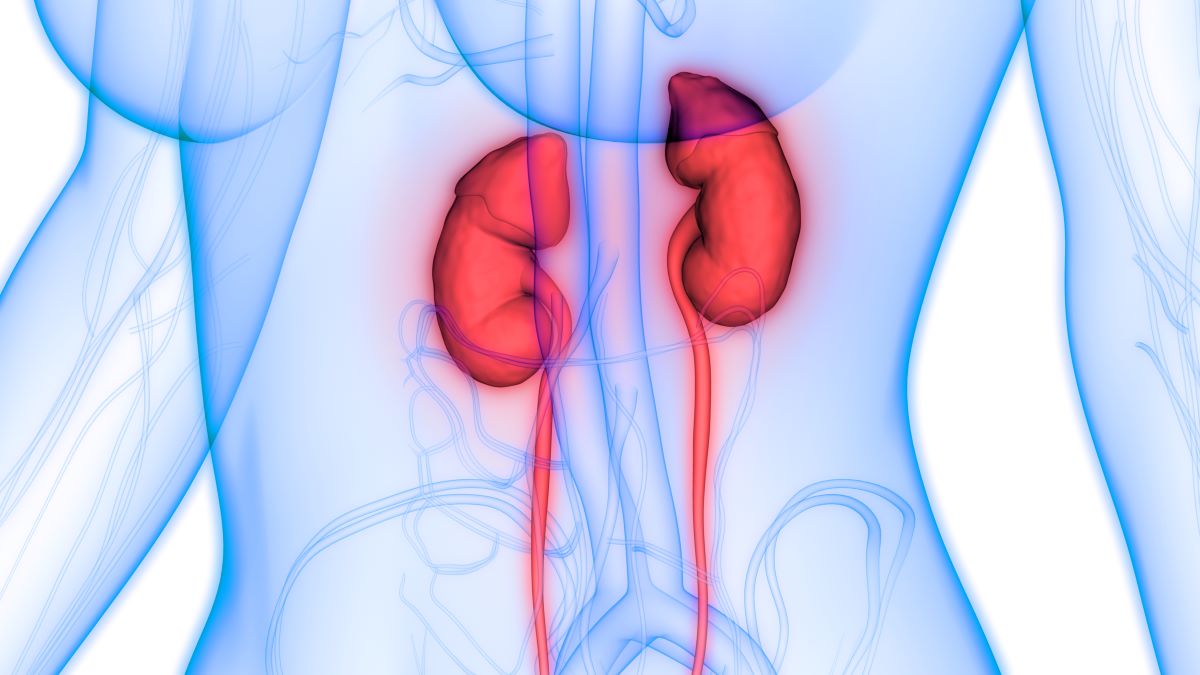Ureters are tubes that transport urine from the kidneys to the bladder. Their blockage can lead to a condition known as ureteral obstruction. This health issue is common and highly treatable. However, ureteral obstruction can cause severe complications if left without proper management.
Ureteral obstruction causes
There are several different types of ureteral obstruction. Therefore, the causes of this health issue vary as well. Some conditions leading to ureteral obstruction are present at birth. They include:
- Ureter duplication is a situation when two ureters extend from one kidney. In some cases, both ureters function correctly. Nevertheless, sometimes the second tube can be underdeveloped. Improper function of either of the ureters can lead to urine backflow into the kidney. It, in turn, causes kidney damage.
- A ureterocele is a tiny swelling in the section of the ureter which is closer to the bladder. It develops when the ureter is narrow enough to interfere with a normal urine flow and possibly block it. The last can cause urine to return to the kidney. As a result, kidney damage may occur.
- An abnormality in the connection of the ureter to the bladder or kidney can block urine flow. An improper attachment between the ureter and the kidney may cause kidney swelling and further loss of function. This condition can be either inborn or gained as a result of injury or scattering. Moreover, in rare cases, the tumor can lead to this abnormality. Suppose the connection is disrupted between the ureter and the bladder. In that case, urine flow can return into the kidney, causing its damage.
- Retroperitoneal fibrosis is a rare disorder characterized by fibrous tissue growth in the area behind the abdomen. Fibers surround and block the ureters. Therefore, the urine flows back to the kidneys. In some cases, cancer can cause this condition. Alternatively, intake of certain migraine medications may lead to retroperitoneal fibrosis.
Causes of ureteral obstruction other than those present at birth include:
- extreme constipation (more common in children but can also occur in adults)
- ureteral stones
- prolonged enlargement of the ureter wall caused by a disorder such as tuberculosis or schistosomiasis (a parasite infection)
- a tumor (both cancerous and noncancerous)
- internal tissue growth
Ureteral obstruction symptoms
The symptoms of ureteral obstruction depend on the location of the ureter blockage and the speed of its development. The extent of block and the number of kidneys affected also make a difference. In some cases, ureteral obstruction can occur without any signs. Otherwise, the symptoms include:
- pain
- having trouble urinating
- blood in the urine
- production of an abnormal amount of urine
- hypertension (high blood pressure)
- frequent urinary tract infections
It is essential to see a doctor if you find any of the following symptoms of ureter blockage:
- pain followed by nausea or vomiting
- pain along with chills or fever
- extreme pain that makes you unable to sit still or find a comfy position
- difficulty urinating
- blood in the urine
Complications
Leaving ureter blockage untreated may lead to severe complications. Therefore, it is crucial to talk with your healthcare provider as soon as possible if you experience symptoms of ureteral obstruction. Otherwise, failing to manage this condition may end up as a urinary tract infection or kidney damage. What’s more, the last one is irreversible.
Click Here to read about Treatment.
















Leave a Reply
You must be logged in to post a comment.